Cover Crops
All Cover Crops Content
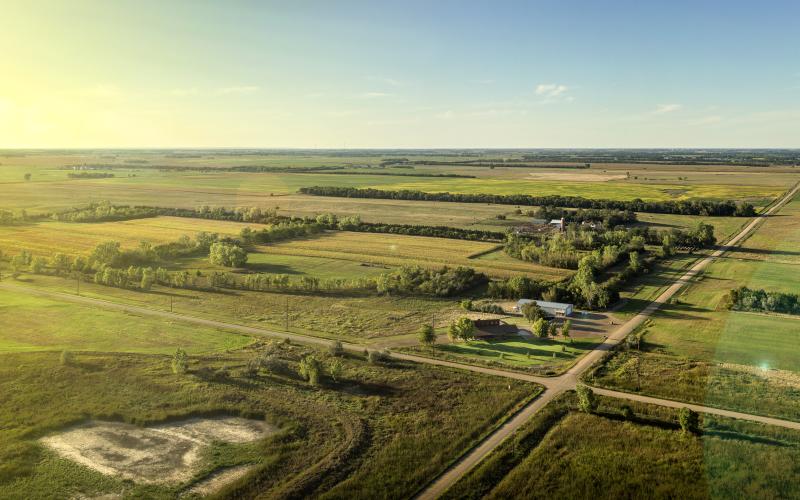
Crops
During the growing season, SDSU Extension provides weekly production recommendations.
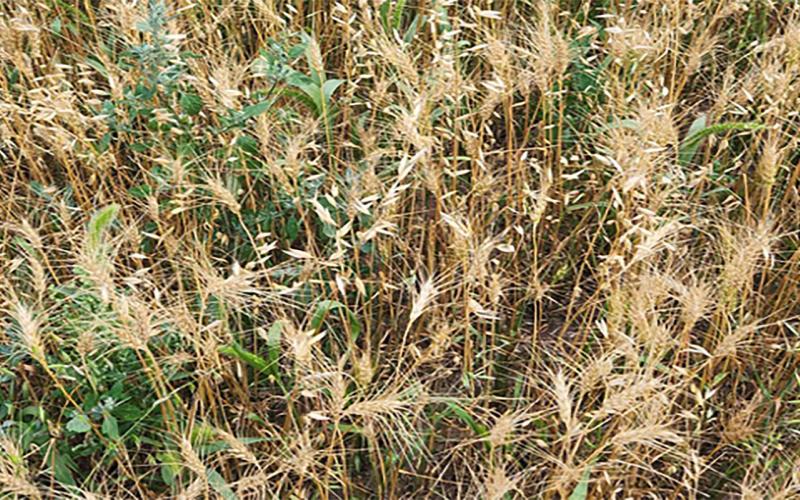
Weed Control Field Test Data
Data books to use as a reference to select appropriate herbicide(s) for row crops
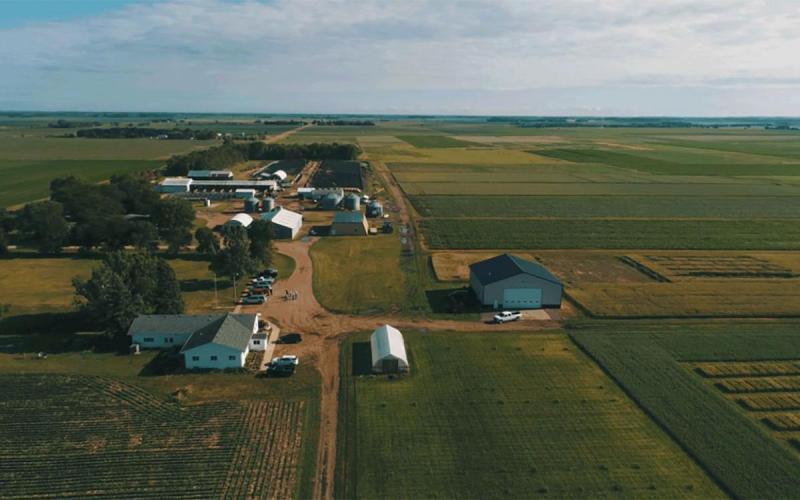
Southeast Research Farm Seminars @ Dakota Farm Show
Join SDSU Extension for a series of educational presentations during the Dakota Farm Show from January 6-7, 2026, at the USD DakotaDome (1101 N Dakota St, Vermillion, SD 57069).
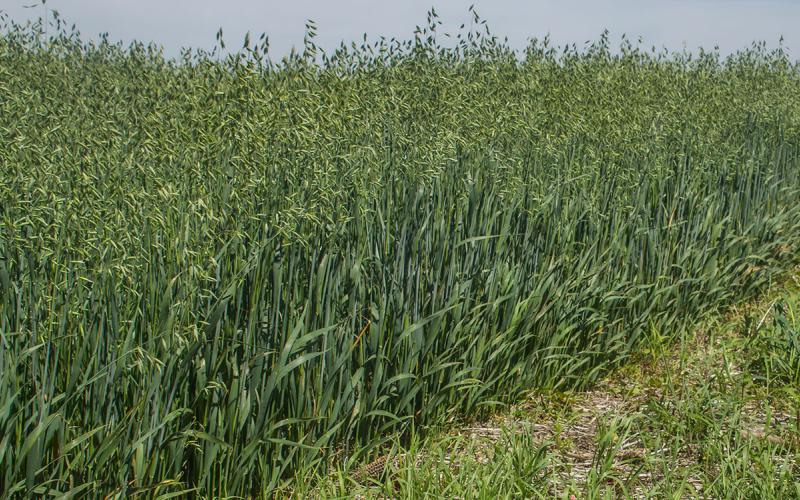
Comparing Cover Crop Mixture Performance after Oats and its Effect on Corn Yield the Following Year
A research trial completed at the South Dakota Agricultural Experiment Station Northeast Research Farm comparing cover crop mixture performance after oats and its effect on corn yield the following year.
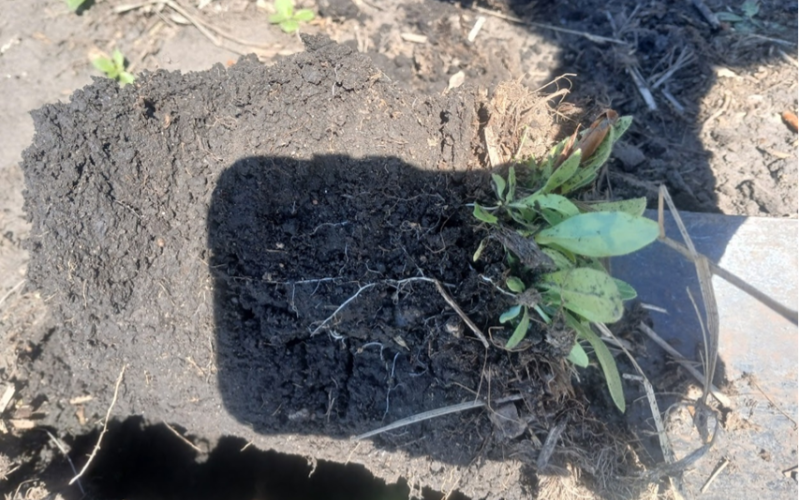
Effect of Camelina Cover Crop on Soil Health and Corn Yield
Study results focused on the effect of camelina cover crop on soil health and corn yield.

Cover Crops
The benefits of planting cover crops are numerous.
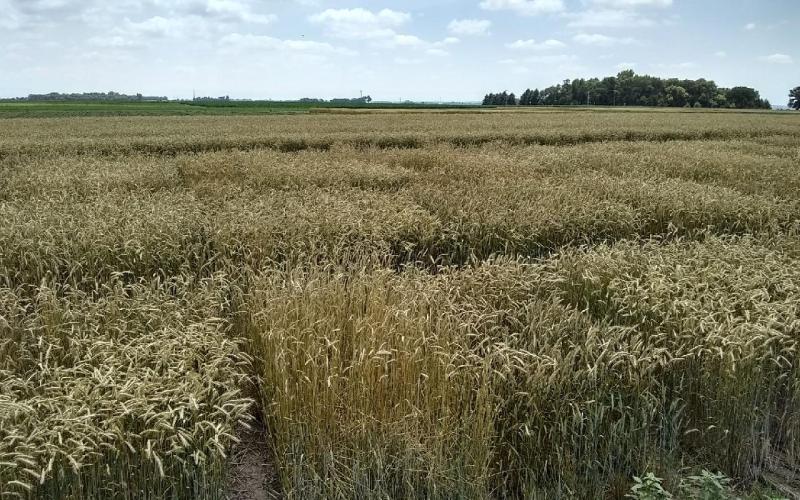
Rye Variety Trial Results
2025 Rye Variety Trial Results in South Dakota.
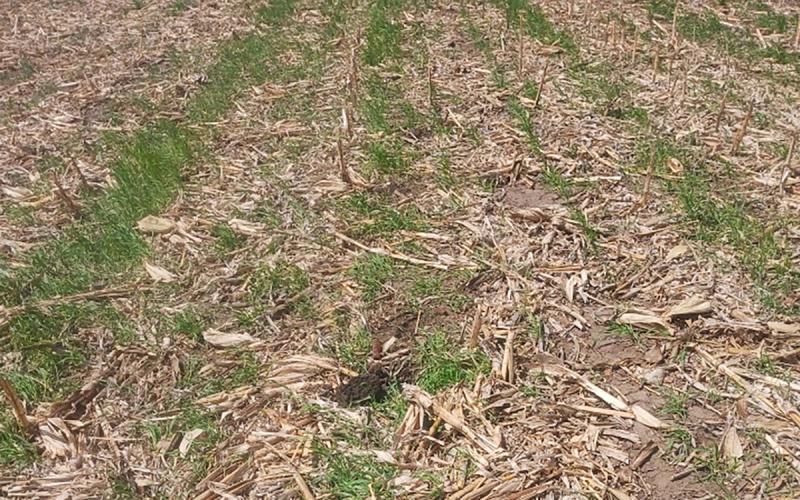
Effects of Different Cereal Rye and Winter Camelina Seeding Rates on Biomass Production and Soil Properties When Broadcast Seeded
Benefits to soil health generally increase as cover crop biomass production increases. Recent research sought to determine how the seeding rate of two cover crop species and mixtures affected biomass production and some soil health indicators.
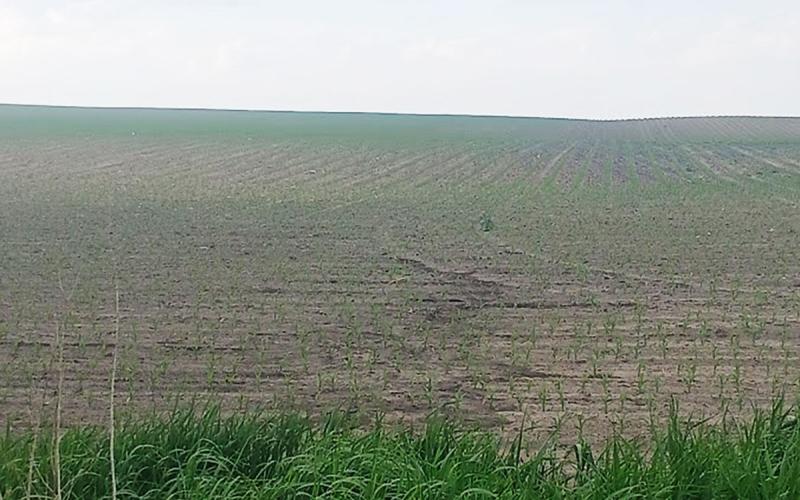
Soil Erosion Mitigation During Heavy Rainfall Events
Adopting soil health practices that minimize disturbance, increase surface cover and organic matter content, and keep roots growing in the soil can help to increase soil infiltration rates and reduce destruction of soil aggregates from heavy rain.
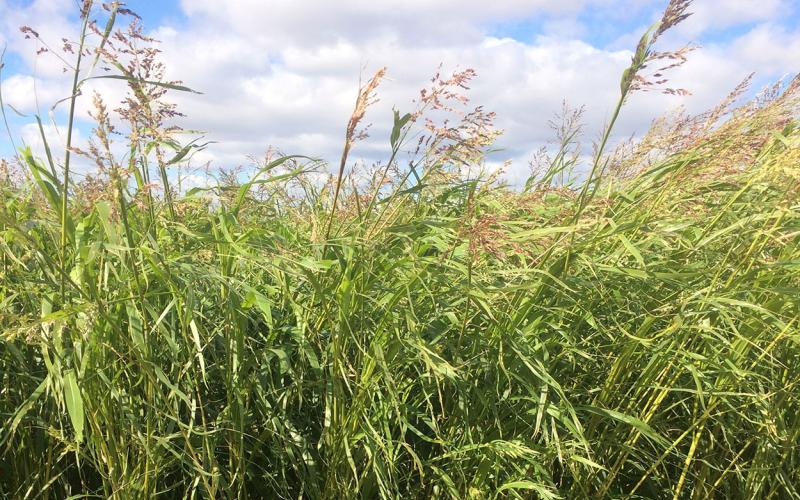
Alternative Forage Options During Dry Times
Although there are many factors to take into consideration, annual forages and cover crops can be an excellent tool to boost forage production, reduce fallow acres, and enhance soil health.